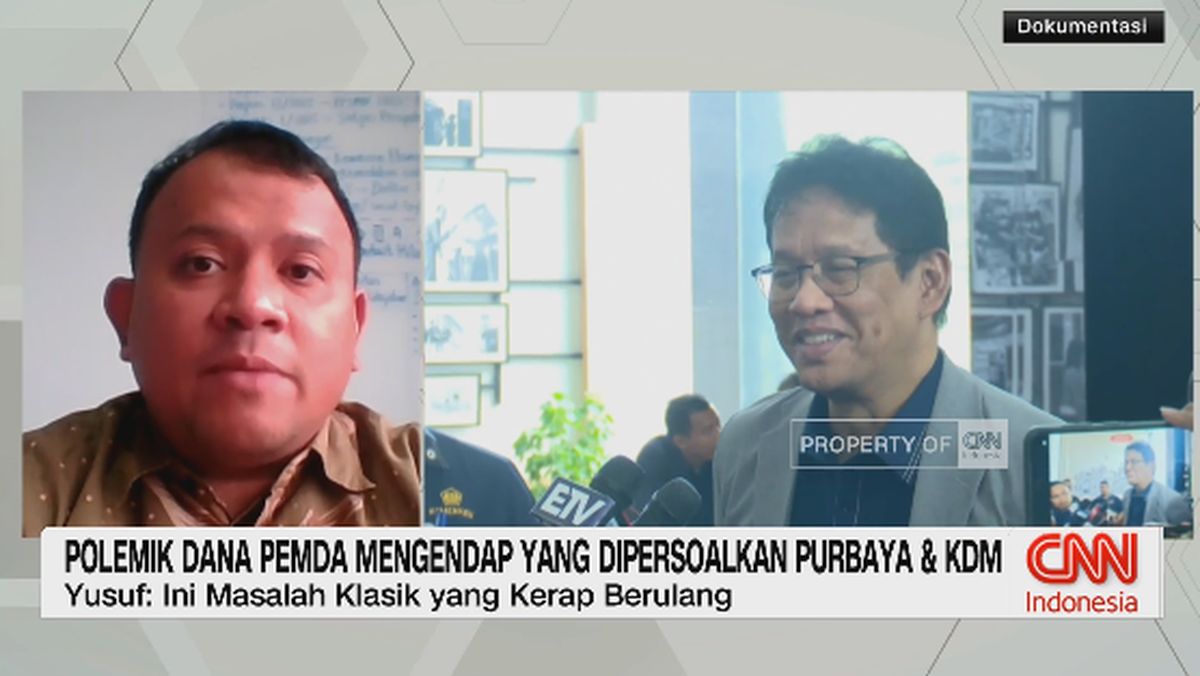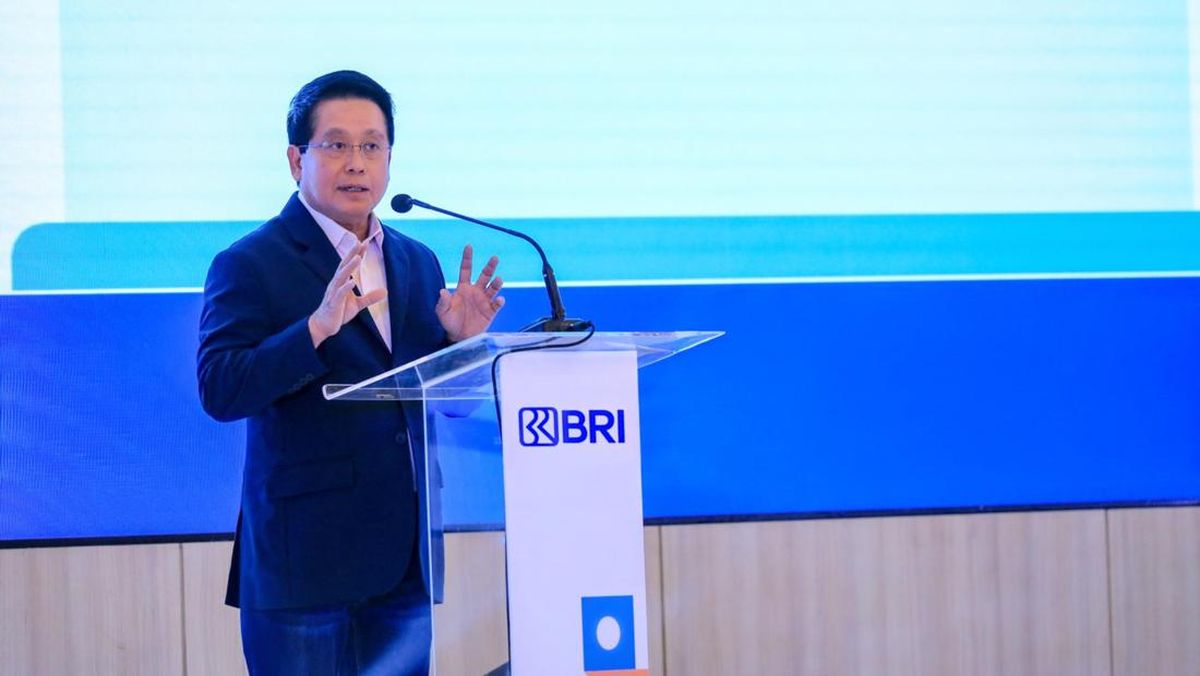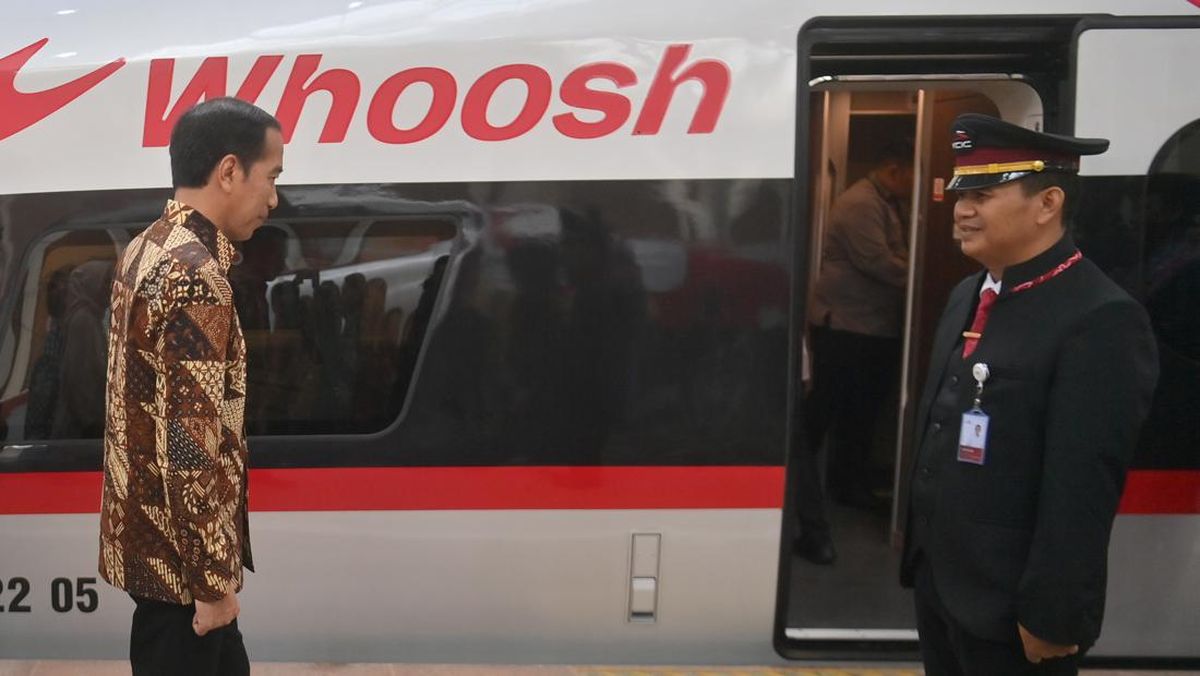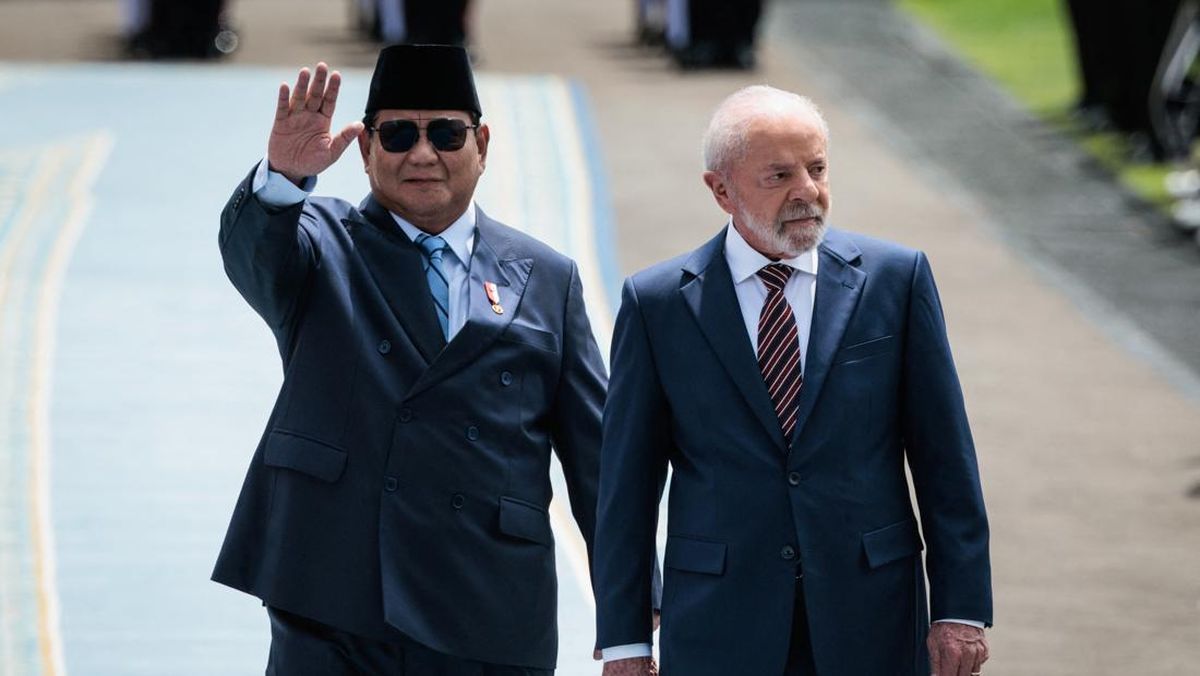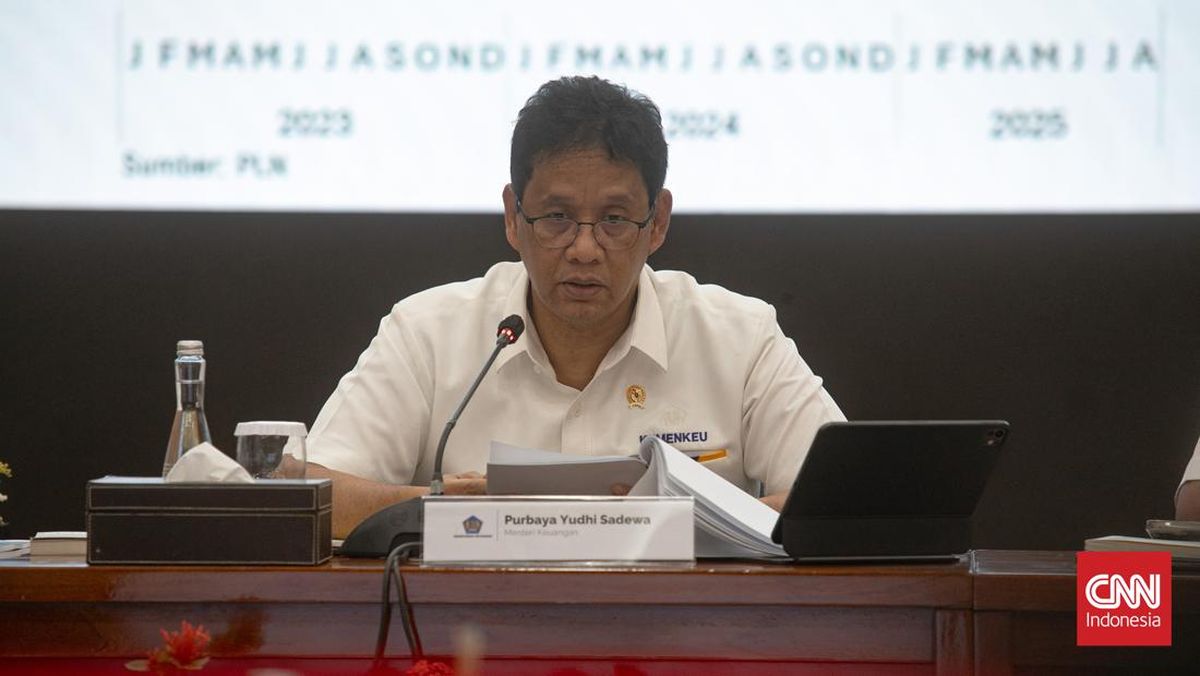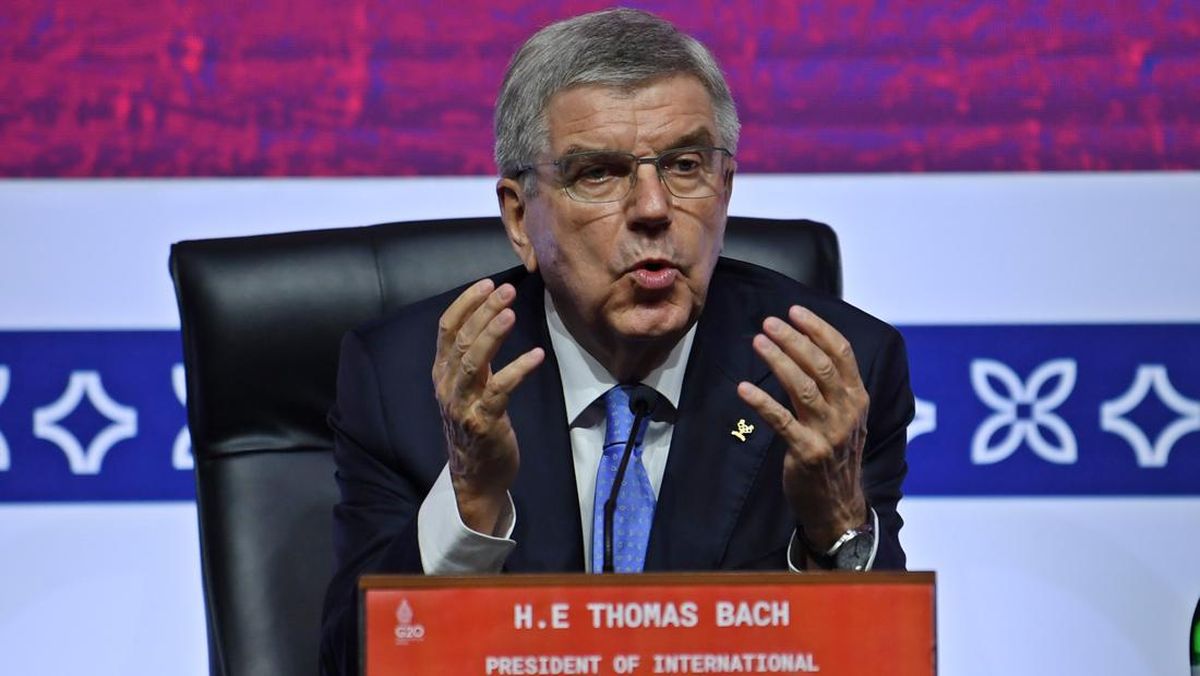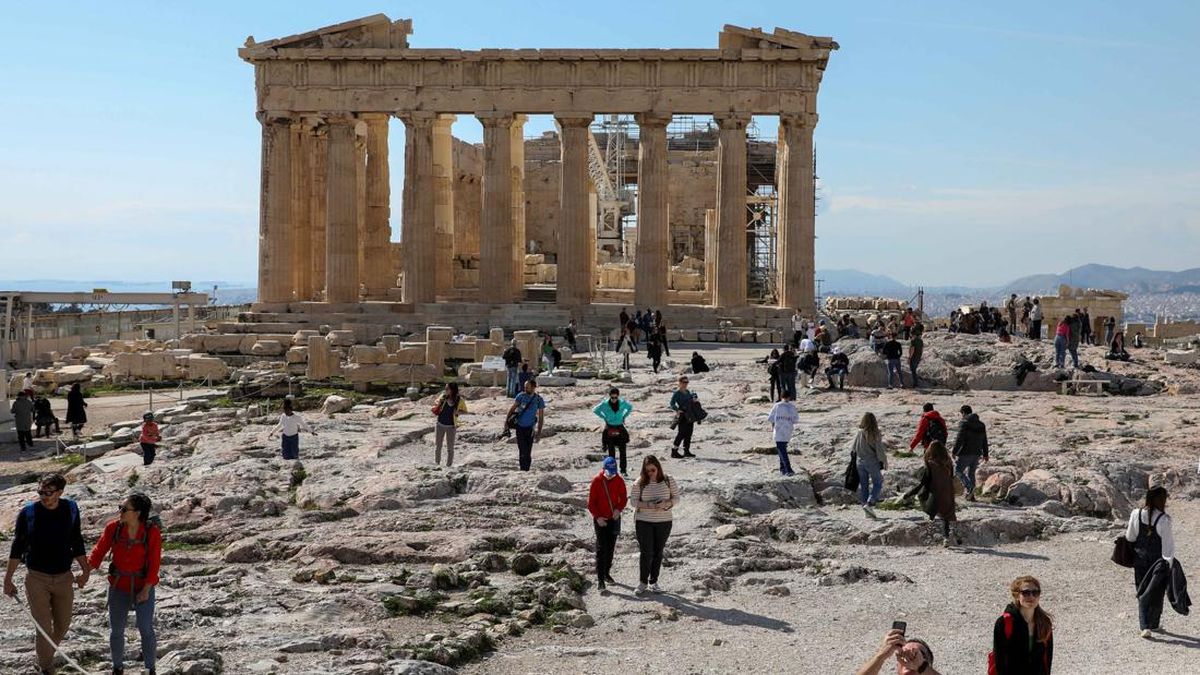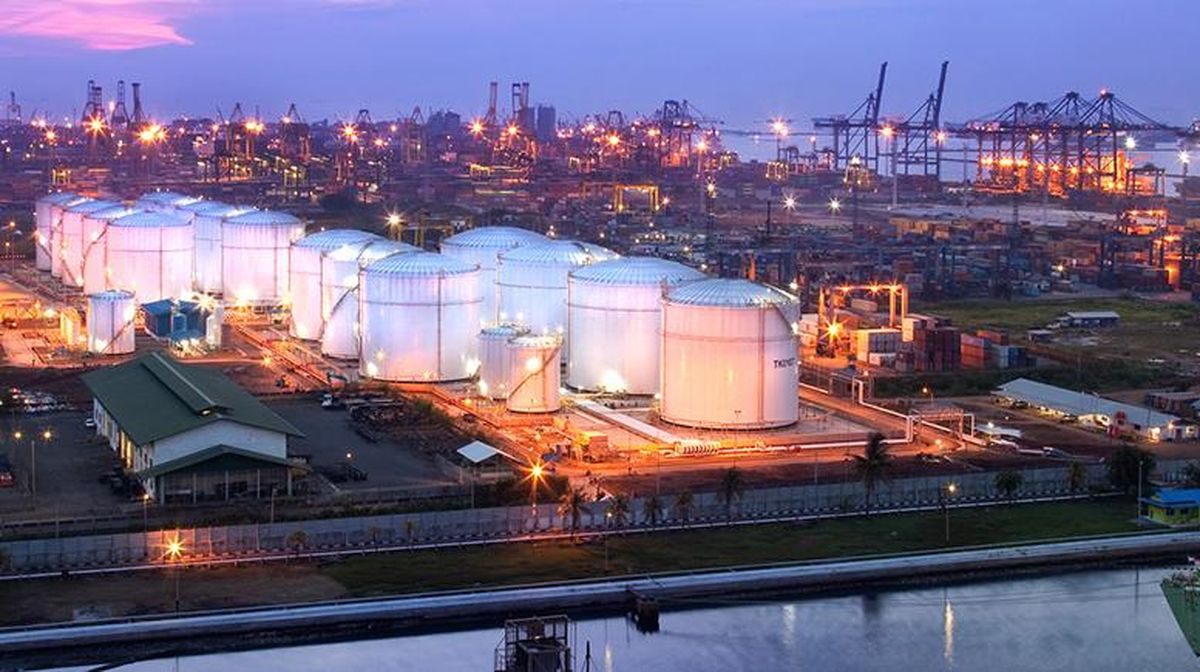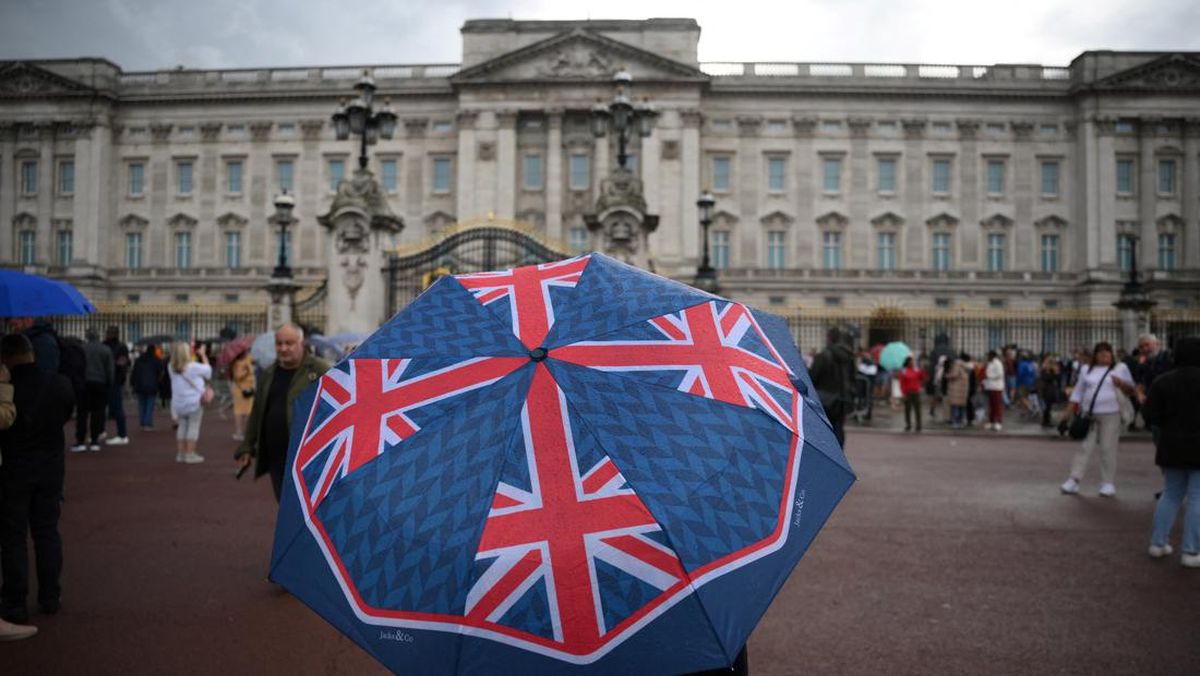The delegation to the UK included AustralianSuper, IFM, Aware Super, the Australian Retirement Trust and Macquarie Group. The investment managers met Cooper in London and spoke to Chancellor of the Exchequer Rachel Reeves during a visit to Birmingham on Tuesday.
Cooper emphasised stronger ties with “like-minded nations” as part of the UK’s bid to attract global investment, a key message when the UK is seeking commercial investment from other liberal democracies.

IFM Investors – which is owned by Australian industry superannuation funds – is putting $2.3 billion into Manchester Airports Group to expand London’s Stansted Airport.Credit: Bloomberg
“Together, we can unlock new opportunities that benefit both our economies and support long-term prosperity,” Cooper said in a statement to this masthead.
The investors also met Pensions Minister Torsten Bell, Energy Minister Ed Miliband and Business and Trade Minister Peter Kyle.
During a meeting with economic advisers at the prime minister’s office at Number 10 Downing Street, the group spoke with Starmer for about 10 minutes, confirming the importance of the delegation at the top of the government.
Loading
A report for Super Members Council, which represents many of the big funds, forecasts that Australian super investments in Europe and the UK will grow by about 10 per cent each year, reaching $660 billion by 2035.
“Australia’s pool of retirement savings is growing at such speed and scale that the world’s biggest economies are competing for our pension capital,” said Super Members Council chief Misha Schubert.
The UK has a long history of attracting cash from around the world – its capital was once dubbed “Londongrad” for the number of Russian oligarchs who moved there – but it is ramping up the search for funds because of the pressure on housing and public services.
Starmer has promised to rebuild services with a plan to spend £725 billion ($1.5 billion) on major projects over the coming decade, but the government is weighed down by debt. Reeves is expected to increase tax revenue and cut spending when she unveils the budget in late November.
In one example of a major new project, Heathrow Airport aims to spend £49 billion on a third runway to expand its capacity. This is to be funded by the airport’s owners, such as the Qatar Investment Authority and a consortium of funds including the Australian Retirement Trust.

AustralianSuper CEO Paul Schroder met UK Prime Minister Keir Starmer last year.Credit: Alex Ellinghausen
IFM global head of external relations David Whiteley said the meetings canvassed the opportunities to invest the retirement savings of Australian and British workers in critical infrastructure.
“There is a sense of urgency in the UK and recognition that there are opportunities for long-term investors like Australian super funds,” he said.
IFM highlighted this expansion this year when it took on British pension fund Nest as a 10 per cent shareholder in its holding company, Industry Super Holdings.
Loading
Some of the Australian investment has been controversial. Macquarie Group has been criticised at times over a 2006 buyout of Thames Water that left the utility heavily in debt. The water company, an essential service for 16 million customers, is seeking new investors and may have to be nationalised.
The forecasts done for the Super Members Council, based on modelling by Mandala Partners, suggest Australian super funds have so far invested $83 billion in the UK and $181 billion in European Union member states. By 2035, this is expected to rise to $203 billion in the UK and $460 billion in the EU.
The AustralianSuper decision announced on Monday commits $1.1 billion to what it calls a “UK Living” platform and will start with a student housing project in Bristol, due to be built by 2027.
AustralianSuper has 189 people at its office near Kings Cross station and has £11 billion invested in the UK, with forecasts to increase this to £18 billion by 2030.
Australian super fund chiefs flew to Washington DC this year for meetings with American counterparts and top Trump advisers in a sign of the appetite for investing in the US as a way to diversify their assets.
Get a note directly from our foreign correspondents on what’s making headlines around the world. Sign up for our weekly What in the World newsletter.


